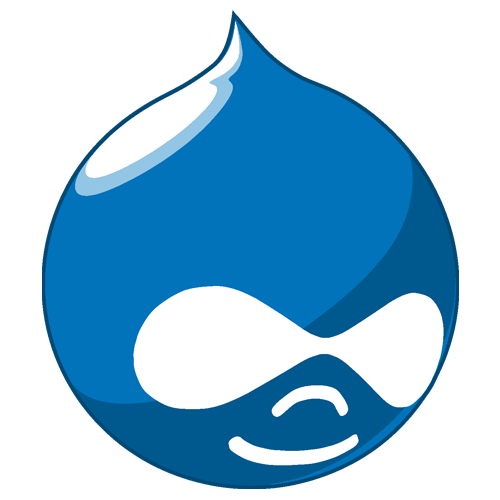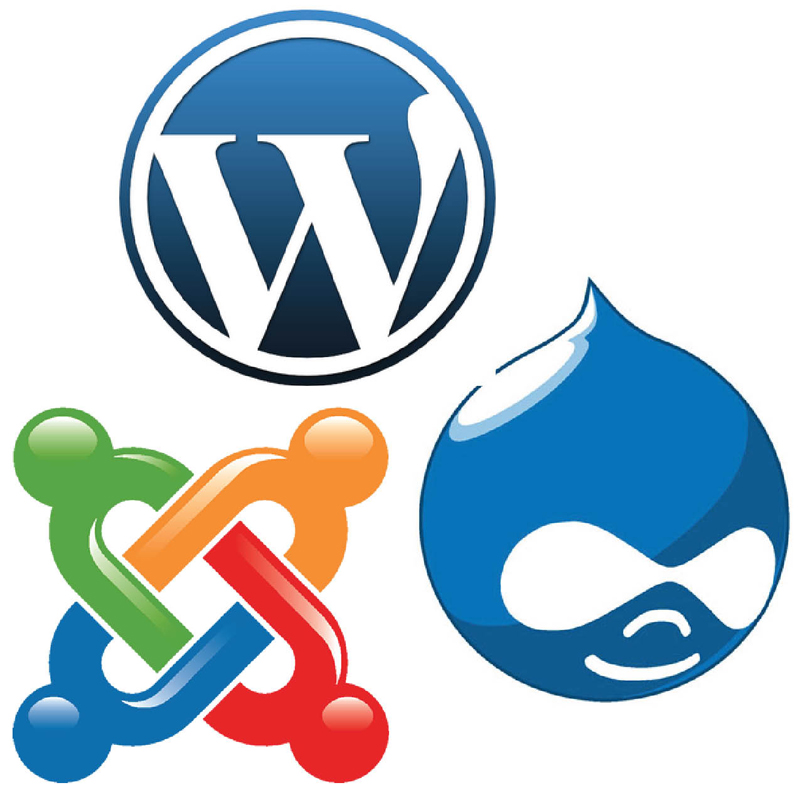There are plenty of content management systems out there, but when it comes to usability and popularity, three content management systems rank high above all others. Those three content management systems are WordPress, Joomla and Drupal. If you ask developers “which CMS is best?” you will find most people are supporting these three.
However, the problem is you can’t use all of them for one web development project. So, which one is truly best for all types of web development projects? Some may vote for Drupal and some may vote for WordPress, but there is one thing that you need to know first. While all these 3 content management systems are really good and offer plenty of tools to make the web development process easier, each of them have some drawbacks as well.
Which CMS is best?
Some people think that WordPress and Joomla are highly popular because they are in the market for several years, but it is not true. In fact, Joomla is not even 10 years old. In the year 2005, Joomla was first launched in the market, WordPress was launched in 2003 and Drupal was launched in 2000. So, it is not about being the “oldest” but the “most useful” that matters the most.
However, if you have basic knowledge about web development then you should know that WordPress, Drupal and Joomla, the three musketeers in the world of content management system have a basic similarity at their core. All of them are open source content management system. In fact, the birth of open source content management systems changed the web development business forever. They gave power to millions of people all over the world to build their own website. Some of the biggest brands have developed their corporate websites based on these content management systems.
In this post, you will get a detailed idea of pros and cons of WordPress, Drupal and Joomla. Read carefully to take an informed decision.

WordPress
Advantages
- Open source: Many newbie developer start practicing with WordPress at the early stage of their career because it is open source. “Open source” basically means anyone can download the source code of the software and change it accordingly to suit his requirements. Besides, WordPress does not charge you anything for using the platform.
- Easy setup: Don’t consider this as a marketing message to attract more users. WordPress is literally the easiest CMS for beginners. The setup time is as low as 5 minutes. There are plenty of tutorial on WordPress and you can go through them to learn the setup process.
- Customization: There are hundreds of free themes available in the WordPress site. If you are not happy with them, you can also go for free themes available in various blogs. Even the most inexperienced web developers can use these themes to give their sites an attractive look. The themes are completely customizable and suit the brand persona of your company. There are also thousands of plug-ins for adding many features to the site. From SEO to social media share, you get a plug-in for anything you can imagine.
Disadvantages
- Security: Security is always a concern when you use open source content management systems, but WordPress is probably one of the weakest CMS when it comes to security. The problem with open source is that the source code is available to everyone. So, hackers can easily find a flaw in your system and steal the data.
- Maintenance cost: You can download and use WordPress for free, but the cost of hosting is not very cheap. Besides, if you wish to develop an e-commerce website, the cost will be greater because the e-commerce tools are not cheap.
- Customization is not easy: Don’t get me wrong. WordPress gives you easy customization tools, but if you want to truly customize it as per your choice then you need web programming knowledge.

Joomla
Advantages
- Hassle free setup: Just like WordPress, Joomla can be installed within a few minutes.
- Robust extensions: This open source CMS offers a range of plug-ins for enhancing the website content. You can add various features to you site without writing any custom codes.
- Great user permissions: If you want to build a site where multiple admins can get access to the backend panel without disturbing each other’s work, then Joomla is your best choice. This versatile CMS allows you to set up nine different types of user permissions.
Disadvantages
- Customization: Advanced customization can be a problem if you are new in the field of web development. If you want advanced features, you should take help of a veteran web developer.
- Good, but not great for SEO: Search engine optimization is necessary to make a site visible on Google. Although, Joomla is not SEO unfriendly, it is not as good as WordPress.

Drupal
Advantages
- Versatile: Drupal can practically do anything. There are hundreds of modules in Drupal and these can be used for getting new features. Most of the modules are maintained by other developers, but the good news is you get them for free.
Disadvantages
- Requires knowledge: Out of the three most popular content management systems, Drupal is probably the most difficult. You need to have vast experience in web development to design a site in Drupal.
So, as you can see, each CMS offers some advantages as well as disadvantages. Basically, you need to make the choice after considering the requirements of your project. For example, if you want to create a blog, then WordPress is ideal and if you are planning to build a dynamic site where content will be added often, Drupal is a better option.
When you decide the ideal CMS for your web development project, you can contact a good web development company for the job. Make sure that the developers are experienced and their service charge is within your budget.

